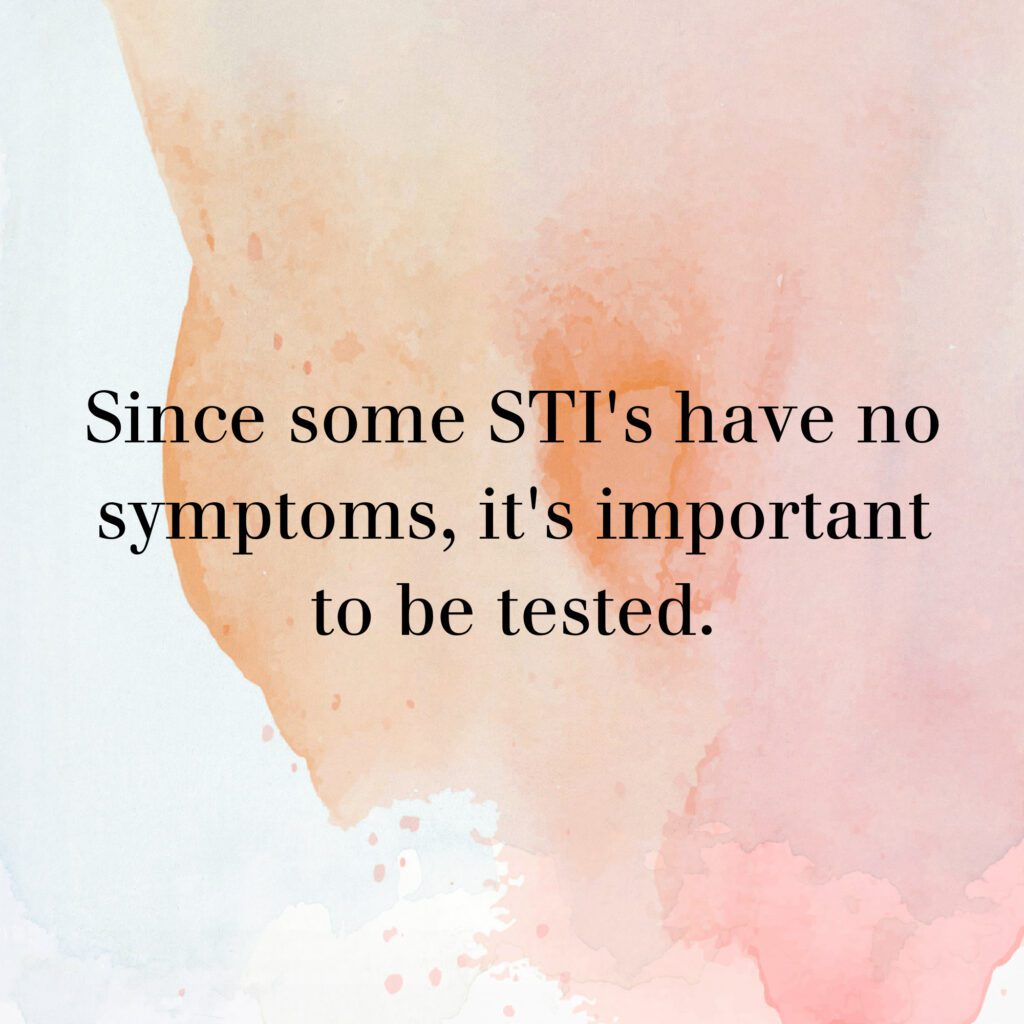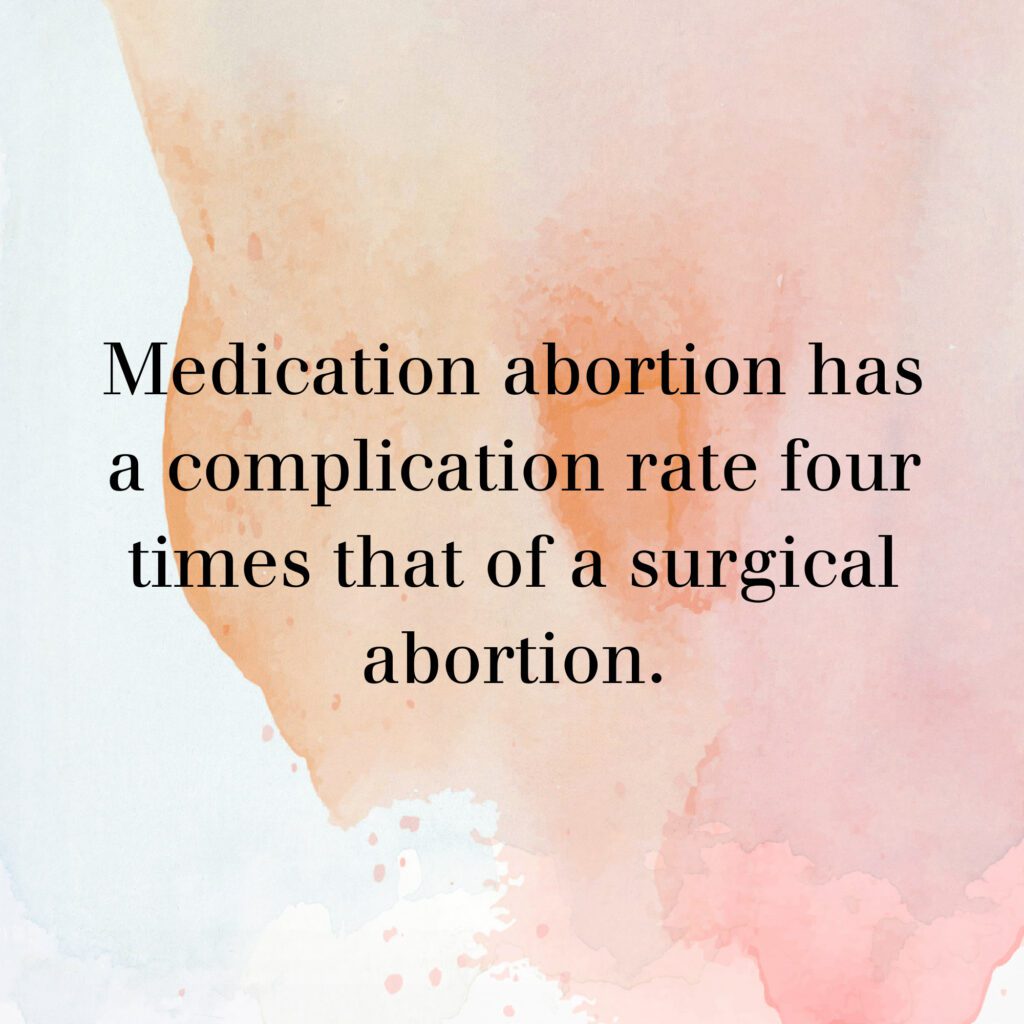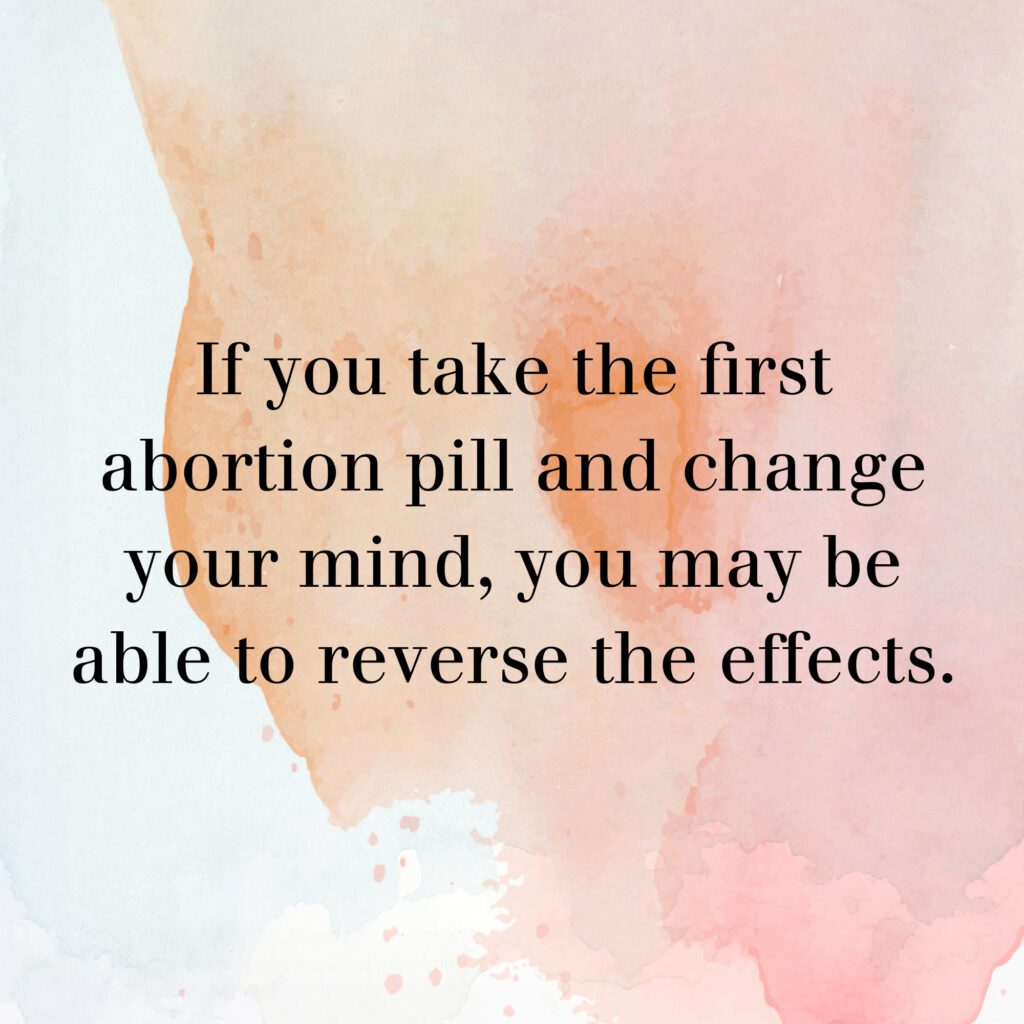Abortion is often advertised as a safe and simple solution to an unexpected pregnancy. But is it really? Below is an overview of complications after abortion that often go undiscussed.
Since the Roe v. Wade decision in 1973, abortion has been legal in various degrees in the United States.
In 2022, however, this decision was overturned at the Federal level by the Supreme Court, giving States their own power to decide whether or not to allow legal abortion.
There are many reasons that abortion is now illegal in Missouri, and other states which have enacted similar legislation.

Questions about Abortion in Missouri?
We can talk it through.
Many of those reasons surround the recognition of the life of the baby growing in the womb, and also, the health and safety of the mother.
In Missouri, a lawsuit filed in 2020 against the FDA noted that abortionists “routinely fail to report complications.”
So it’s important to know that statistics available on complications after abortion may not represent the true threat women face.
Below, we’ll outline some complications that can happen with medication abortion (the abortion pill) and surgical abortion.
These are important risks that women should take seriously before traveling out of state for an abortion.
Infection
Infection after an abortion can be caused by several factors:
Retained products of conception
This can lead to pain, bleeding, fever, and infection, and in some cases, life-threatening septic shock (a severe response to infection).
Surgery may be needed to treat an incomplete abortion.
Sexually transmitted infection (STI or STD)
If you have a sexually transmitted infection and have a surgical abortion, the infection can spread to other parts of the body.
Since some STI’s have no symptoms, it’s important to be tested.
Carrying an untreated STI and then having an abortion can lead to health issues including pelvic inflammatory disease and increased risk of infertility (inability to conceive future children).

Contaminated surgical tools
In any surgery, this is something surgeons must be careful to avoid. However, we know that in the past at the former abortion clinic in St. Louis Missouri, health inspection reports revealed violations of infection prevention protocols, rusty surgical tables and other equipment.
Due to the largely unregulated nature of abortion clinics nationwide, negligence of health and safety standards is common. (See report.)
At home abortion
There is an increased risk of infection in a self-induced, or at-home abortion.
This can happen when taking abortion pills, or in other attempts to end a pregnancy.
Many women are not aware that medication abortion (abortion pills- also called “chemical abortion”) “has a complication rate four times that of a surgical abortion, and as many as one out of five women will suffer a complication.” (Source)

Hemorrhaging
Hemorrhaging (severe blood loss) is a side effect that can happen after taking the abortion pill regimen.
One study even found there is a 53% greater risk for an ER visit for abortion complications after chemical abortion (abortion pill), versus after surgical abortion.
Overall, approximately one in 20 women who take the abortion pill will wind up in the emergency room.
Uterine Perforation
This happens when a surgical tool cuts through the uterine wall, in about one out of every 250 abortions (Source). It can also be accompanied by bowel or cervix injury.
Failed abortion
In very early pregnancies, failure to end the pregnancy during an abortion is relatively common. (Source.) Failed abortion can also occur beyond early pregnancy.
In fact, the Abortion Survivors Network estimates there are approximately 1,734 abortion survivors each year. The psychological impact of an attempted abortion can be very significant for these survivors.
You should know that if you take the first abortion pill and change your mind, you may be able to reverse its effects. (Here’s how.)

Many healthy babies have been born after an initial abortion pill regimen was started, and then reversed with prompt treatment.
Future miscarriage
In addition to fertility complications associated with infection, having an abortion can also increase the risk of miscarriage in future pregnancies.

Thinking about Abortion?
Get a free, confidential appointment to talk it through.
Mental health complications after abortion
Another risk that is sometimes underemphasized is the affect on a woman’s mental health after abortion.
A range of studies have indicated that depression, substance abuse and even suicide have been linked to prior elective abortion decisions.
In the largest study published in the British Journal of Psychiatry in 2011, the findings were:
“Women who had undergone an abortion experienced an 81% increased risk of mental health problems, and nearly 10% of the incidence of mental health problems was shown to be attributable to abortion.”
A review of this study can be found here.
If you are considering traveling to seek an abortion out of state, you can first chat with us in the chat box on this screen. Or, call the Pregnancy Resource Center of Mountain Grove at 417-926-3310.
We can talk with you about all your options including the complications after abortion that are not always covered in other settings.
Read next:
What you need to know about at-home abortions
Is it possible to continue my pregnancy after the first abortion pill?
